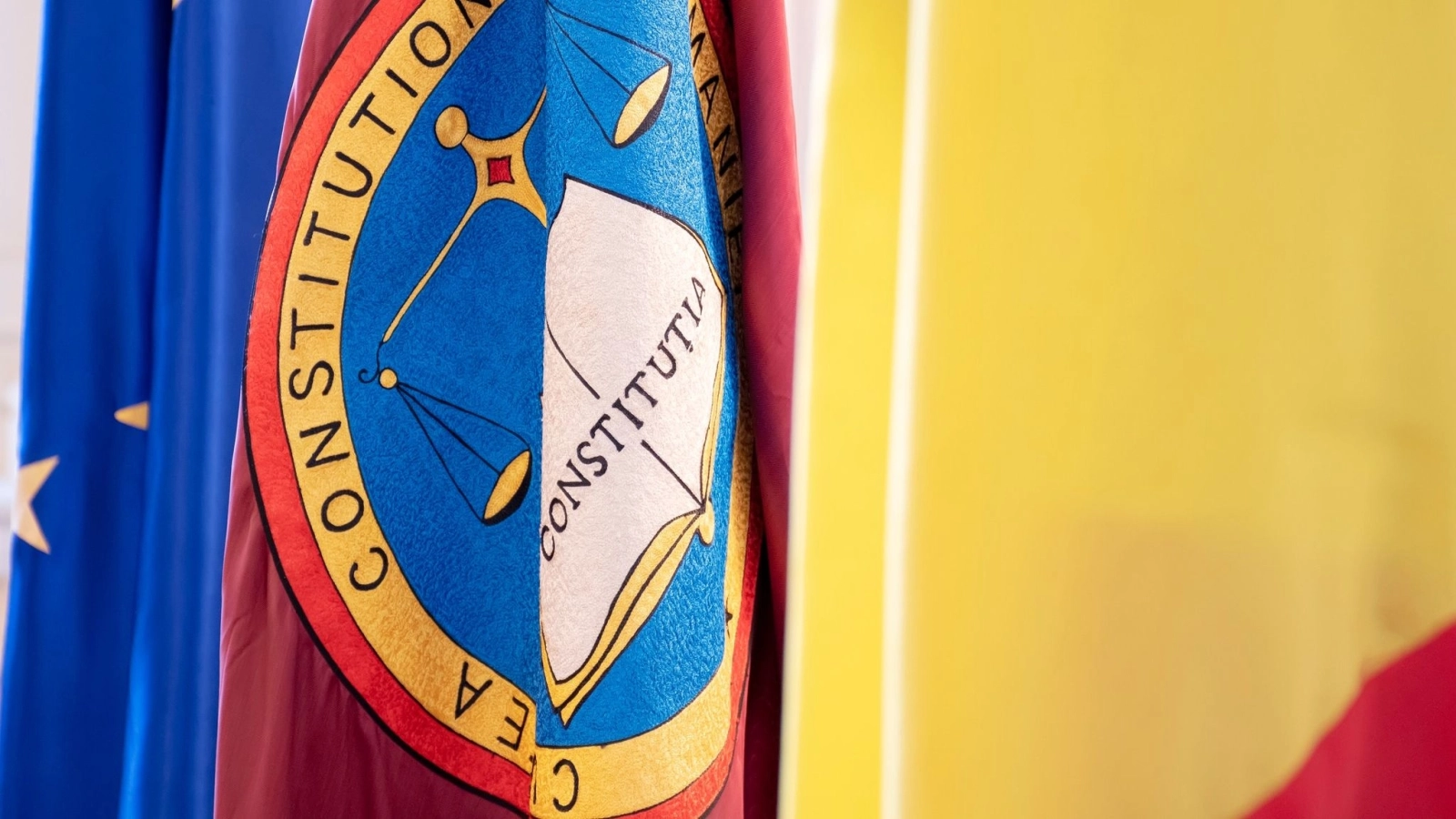The United Chambers of the High Court of Cassation and Justice have referred the matter to the Constitutional Court for a ruling on the plea of unconstitutionality of the Law supplementing Law 286/2009 on the Criminal Code, complaining about the way in which parliamentarians have regulated the prohibition of gambling only in localities with less than 15,000 inhabitants.
The legislative proposal in Parliament initially aimed to amend Article 335 of the Criminal Code on driving a vehicle without a driving licence, i.e. to punish with imprisonment also those who drive an agricultural or forestry tractor on public roads without a driving licence.
According to an ICCJ press release, this initiative was rejected by the Senate.
Subsequently, during the debates in the Chamber of Deputies, two new articles were introduced in the proposal, namely "failure to comply with gambling obligations" and "disturbing the use of the dwelling".
Thus, after Article 348 of the Criminal Code, Article 348 (1) was introduced, with the following content: "(1) Conducting the activity with slot-machine gambling means without a certificate issued by the town hall in whose territorial radius the proposed space is located, certifying the location of the space in a locality with a population of more than 15. 000 inhabitants, shall constitute an offence and shall be punishable by imprisonment for a term of three months to one year or by a fine; (2) Issuance by the town hall of the certificate attesting the number of inhabitants without complying with the data provided by the National Institute of Statistics resulting from the last population and housing census constitutes a crime and is punishable by imprisonment from 6 months to 3 years".
According to the Supreme Court, the principle of bicameralism was violated in this case.
The ICCJ argues that the draft adopted in the Chamber of Deputies has both extrinsic and intrinsic unconstitutionality flaws.
































Comentează